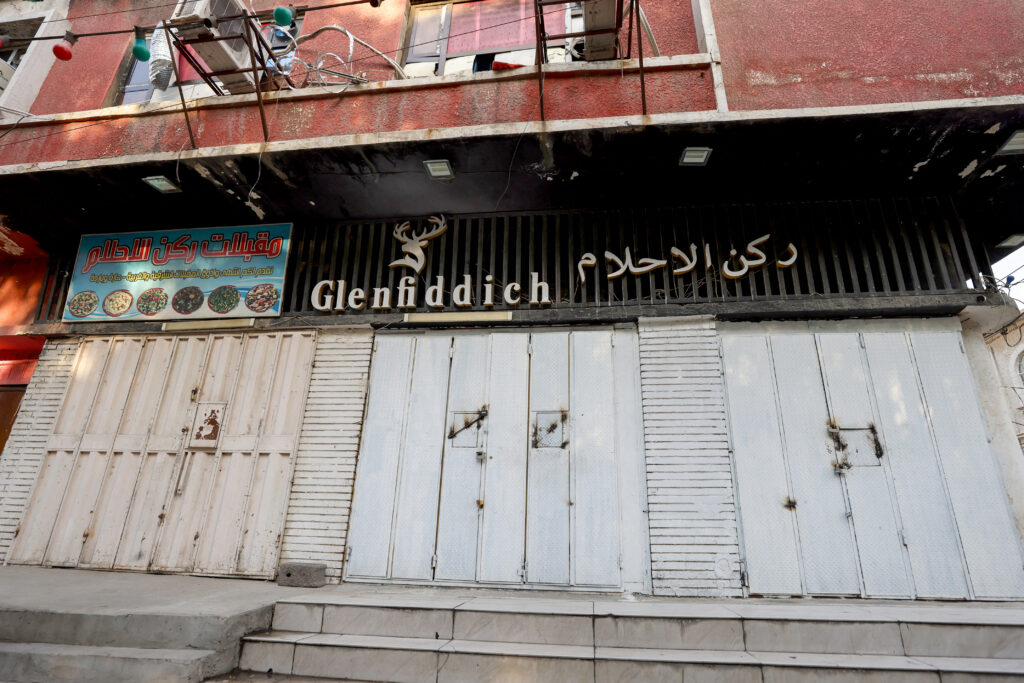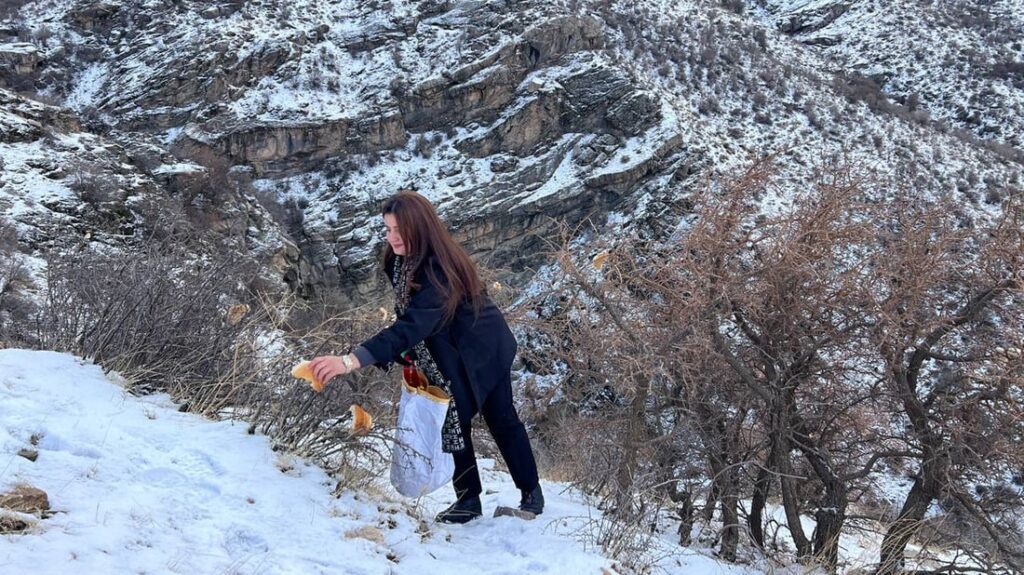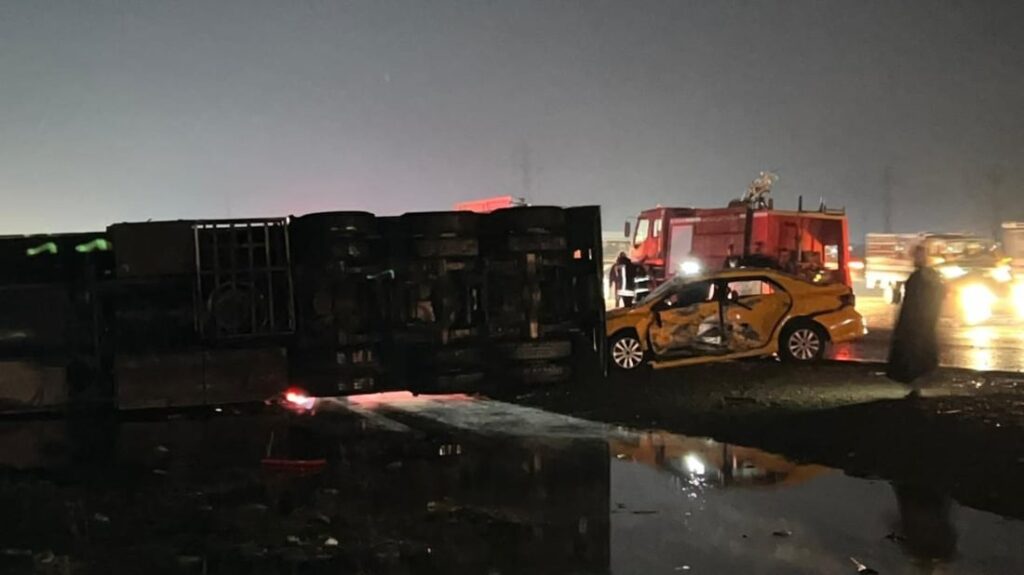Syrian rebels topple Bashar al-Assad: How the world reacted

Syrian rebels seized the capital Damascus early on Sunday, and announced that President Bashar al-Assad had fled to an unknown destination, ending more than five decades of brutal dynasty rule.
Opposition fighters entered Damascus around 5 am local time without resistance, quickly capturing the airport, the state TV building and many other strategic government facilities.
Assad himself had reportedly boarded a plane before the rebels reached the capital and fled to an unknown destination. His current whereabouts are unclear.
Celebrations erupted in Damascus and other parts of the country, including along the border with neighbouring Lebanon, with many displaced Syrians deciding to return home.
The stunning opposition advance came after more than a decade of brutal war, in which more than 500,000 people were killed and more than 14 million forced to flee their homes.
Middle East Eye takes a look at the reactions so far:
Israel
Israel's Foreign Minister, Gideon Sa'ar, said that while his country was not intervening in the conflict it was "concerned about violations of the disengagement deal with Syria from May 1974".
The 1974 accord, established after the 1973 war, created a UN-monitored buffer zone between the two countries. However, Israel occupied the Syrian territory of the Golan Heights in 1967, and continues to occupy part of it today.
"Over the past day, armed forces have entered the buffer zone on the Syrian side of the border with Israel," Sa'ar said.
In a statement, the Israeli military said that it "deployed forces in the buffer zone and in several other places necessary for its defence, to ensure the safety of the communities of the Golan Heights and the citizens of Israel."
United Arab Emirates
Anwar Gargash, a diplomatic adviser to United Arab Emirates President Mohammed bin Zayed, said that non-state actors should not be allowed to exploit political vacuums.
Speaking at the Manama Dialogue forum in Bahrain, he called events in Syria "a clear indication of political failure and the destructive nature of conflict and chaos."
He added: "Assad did not really use the sort of, you know, lifeline, that was thrown to him by various Arab countries, including the UAE, and did not really use that to open up, to move on to constitutional discussions that were taking place."
"We're very worried about chaos. We're very worried about extremism. We remain worried about the territorial integrity of Syria," he said.
Turkey
Turkish Foreign Minister Hakan Fidan said that Syria's next administration had to be inclusive, and said terrorist organisations must not be allowed to take advantage of the situation.
Read More »"As of this morning, Syria has reached a stage where Syrian people will shape the future of their own country. Today there is hope," Fidan said at the Doha Forum in the Qatari capital Doha.
"The new [Syrian] administration must be established in an orderly manner, the principle of inclusiveness must never be compromised, there must never be a desire for revenge... It is time to unite and reconstruct the country," he added.
Asked about the whereabouts of Assad, Fidan said he believed he was out of the country.
He said Turkey had no contact with Assad despite a call from President Recep Tayyip Erdogan to hold normalisation talks, after years of animosity. Fidan added Ankara had reached out to Assad but all efforts had failed.
Saudi Arabia
A Saudi official told Reuters that the kingdom has been communicating with all regional actors on Syria and was determined to do what was possible to avoid a chaotic outcome for the country.
"We have been in contact with all actors in the region. We are in constant communication with Turkey and every stakeholder involved," the official said, adding that the kingdom was not aware of Bashar al-Assad's whereabouts," the official said.
Lebanon
The Lebanese army said it was reinforcing its presence on the border with neighbouring Syria.
“In light of rapid developments and delicate circumstances that the region is going through… units tasked with monitoring and controlling the northern and eastern borders have been reinforced, in conjunction with tightening surveillance measures,” the army said in a statement.
Russia
The deputy chairman of Russia's upper house of parliament, Konstantin Kosachyov, said that Syrians "will have to cope with a full-scale civil war alone".
Russia has been distracted by its war with Ukraine, which appears to have stopped it from intervening heavily to save Assad.
United States
The White House said that "President [Joe] Biden and his team are closely monitoring the extraordinary events in Syria and staying in constant touch with regional partners".
But president-elect Donald Trump went much further and vowed to keep America out of the conflict.
Posting on X in caps lock, he said: "THE UNITED STATES SHOULD HAVE NOTHING TO DO WITH IT. THIS IS NOT OUR FIGHT. LET IT PLAY OUT. DO NOT GET INVOLVED!"
Then on Sunday after Assad fell, Trump said: "Assad is gone. He has fled his country. His protector, Russia, Russia, Russia, led by Vladimir Putin, was not interested in protecting him any longer.
“There was no reason for Russia to be there in the first place. They lost all interest in Syria because of Ukraine, where close to 600,000 Russian soldiers lay wounded or dead, in a war that should never have started, and could go on forever."
China
China's foreign ministry called for a return to "stability" in Syria, issuing a statement that focused on Chinese citizens and institutions in the country.
"The Chinese government has actively assisted Chinese citizens who are willing to leave Syria in a safe and orderly way, and has maintained contact with… Chinese citizens who remain in Syria.
"We urge the relevant Syrian parties to take practical measures to ensure the safety of Chinese institutions and personnel in Syria," the foreign ministry added.
Germany
Germany's foreign minister, Annalena Baerbock, called it a "great relief" for Syrians, adding that “the country must not now fall into the hands of other radicals, whatever form they take".
United Kingdom
Britain's deputy prime minister, Angela Rayner, called the development "welcome news" and told Sky News that Assad "wasn't exactly good to the Syrian people".
She called for a political resolution "in line with the UN resolutions", stressing that "we need to see civilians and infrastructure protected.
"Far too many people have lost their lives. We need stability in that region."





